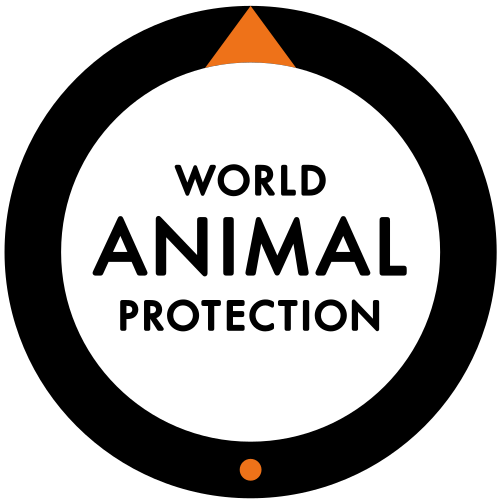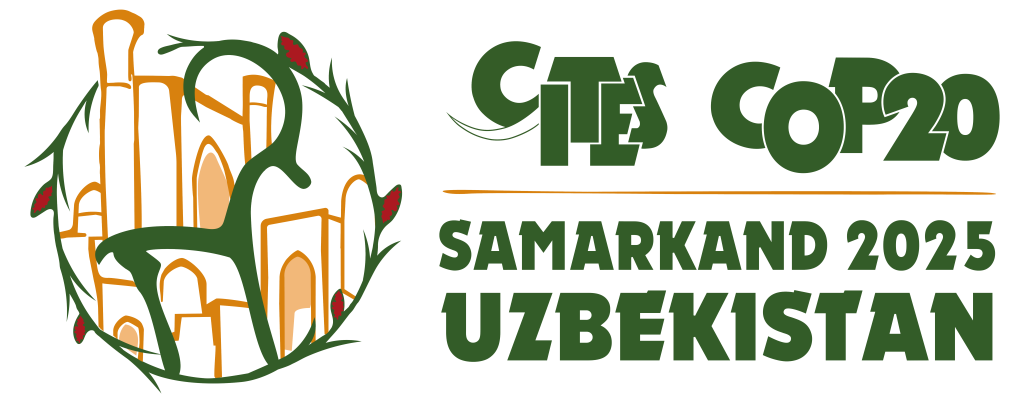London, UK
World Animal Protection (WAP) is an animal rights NGO that began life in 1950, under the name World Federation for the Protection of Animals (WFPA). In 1981 it merged with the International Society for the Prevention of Cruelty to Animals (ISPA), from whence both bodies became known as the World Society for the Protection of Animals. But in 2014 it changed its name again to WAP.
WAP’s global mission is to create a ‘better world for animals, especially wild, farmed and pets’. It carries out its work through a network of offices located in Australia, Brazil, Canada, China, Costa Rica, Denmark, India, Kenya, the Netherlands, New Zealand, Sweden, Thailand, UK and USA.
WAP opposes the right of people to keep wild animals as pets. For example, it opposes keeping as pets snakes, parrots, iguanas, tortoises, and otters. From its perspective, the legality of trade and ownership doesn’t matter: ‘captive-bred or wild caught – it’s all cruel’.
WAP is a militant opponent of traditional Chinese medicine’s reliance on bear bile. However, according to the Chinese authorities, bear bile contains ingredients that are clinically proven to help dissolve gallstones and treat liver disease, and it may possess efficacious qualities that ameliorate Covid-19 symptoms, too. While extracting bear bile from wild bears is strictly illegal in China, extracting it from captive bears is both legal and regulated.
One of WAP’s big campaigns has been against the use of animals, such as elephants, lions, tigers, dolphins and killer whales, in the entertainment industry. It is a practice that it calls ‘cruel and demeaning’. Another strand of its work is to put a stop to factory farming, which is the main source of affordable protein for billions of people.
World Animal Protection claims to have protected 224 million animals throughout 2020. Moreover during the course of WAP’s existence it says it has given 3.2 billion animals a better life. Neither claim is verifiable.
Leaders
CEO Steve McIvor, former CEO of the British Union for the Abolition of Vivisection.
Governance
Joanna Kerr – Chair International Board
Finance
According to its annual report, WAP’s UK income in the 2018 was £31.6 million and its expenditure was £35.9 million, of which 20 percent went on fundraising and 36 percent on animals in the wild. Globally, WAP reported an income of USD60.6 million, with expenditure of USD65 million, in 2019.



